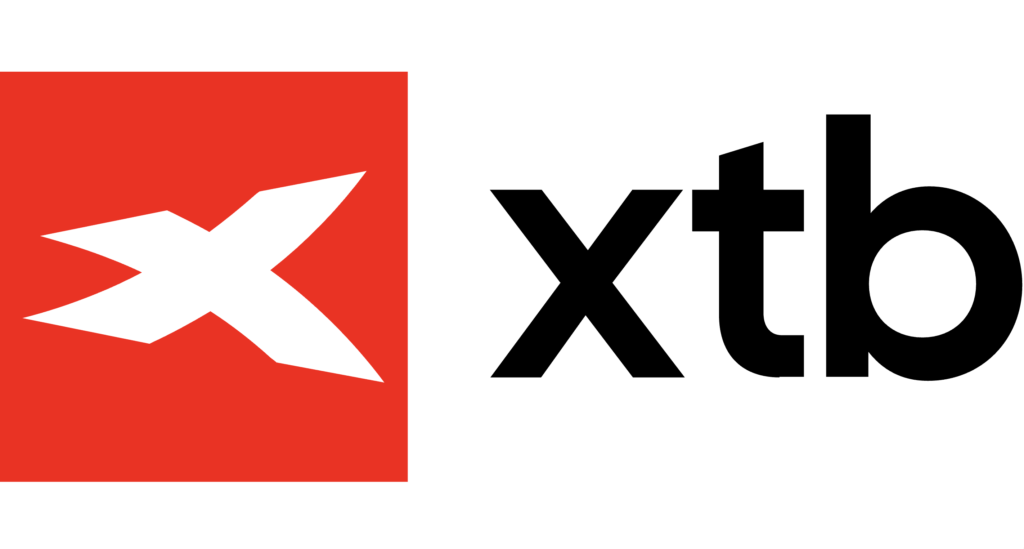If you want to trade cryptocurrencies, it is important to first understand their properties. Unlike our well-known fiat currencies such as CHF or EUR, coins exist exclusively digitally. In this article, we will show you where you can buy/sell cryptocurrencies, what to consider and what opportunities and risks arise when trading cryptocurrencies.
Where Can I Buy and Trade Cryptocurrencies? – Switzerland, Austria and Germany
In our opinion, the best providers in Switzerland, Germany and Austria are the following:
Provider
Result
Bitvavo, one of the leading exchanges from Europe (Netherlands) with a large selection of cryptocurrencies. PayPal deposit possible. For a limited time only: 10 Euro bonus when you sign up via CoinPro.ch
Trade many different cryptocurrencies without a wallet with our CFD broker test winner Plus500 - 7 days a week.
Regulated provider from Austria - specializing in trading Bitcoin, Ethereum, stocks and many other assets.
CFDs and real stocks in a trading platform with free deposits and no conditions - that's XTB.
OKX is one of the largest crypto exchanges in the world and combines numerous functions such as a wallet, staking, futures, margin, and spot trading in a single platform.
With several hundred thousand customers worldwide, Binance is one of the top 10 largest and most well-known exchanges. The use of the exchange is free of charge, with fees only applying to the purchase and exchange of cryptocurrencies.
CFDs are complex instruments and come with a high risk of losing money rapidly due to leverage. Between 74-89% of retail investor accounts lose money when trading CFDs. You should consider whether you understand how CFDs work and whether you can afford to take the high risk of losing your money.
How Does Trading Cryptocurrencies Work?
There are several ways to trade cryptocurrencies. If you are already investing in stocks or ETFs through an online broker, a crypto broker may be an option for trading cryptocurrencies.
Buying and Selling Cryptocurrencies with a Crypto Broker
A crypto broker offers you cryptocurrencies at a fixed price. Coins such as Bitcoin or Ethereum are displayed to you at a purchase or sale price. You will often notice a difference here – the so-called spread. This is how the broker is financed. Well-known brokers that offer cryptocurrencies in Switzerland or Germany include Plus500 or Bitpanda. The spread varies greatly depending on the provider and cryptocurrency. So it’s worth comparing.
If you decide to use a broker for trading cryptos, there are two characteristics you should look out for. On the one hand, there are so-called CFD brokers such as Plus500, where you do not buy real cryptocurrencies, but only speculate on the performance of the coins.
Trading Cryptocurrencies on a Crypto Exchange
The world’s most popular method for trading cryptocurrencies is using a crypto exchange. A crypto exchange brings together buyers and sellers of cryptocurrencies. Via an order book, you can place orders to buy or sell coins at a price you want. Of course, you can also accept orders already placed by other users. The special thing about crypto exchanges is that you do not directly contact the buyer/seller, even though you buy the coins directly from another person.
The fees for crypto trading on crypto exchanges are significantly lower than those of crypto brokers. At the best crypto exchanges, you pay between 0.10 and 0.30 percent of the order volume per order. In addition, you always buy real cryptocurrencies on crypto exchanges, which you can transfer to your own wallet. In addition, the best crypto exchanges offer many other functions such as staking, lending or trading in derivative products. However, these are partly functions for advanced traders, which is why you as a beginner should limit yourself to regular crypto trading.
How Can I Buy or Sell Cryptocurrencies?
If you want to trade cryptocurrencies, you first need an account with a crypto broker or a crypto exchange. Although there is also the possibility to buy / sell Bitcoin P2P, regular crypto brokers and crypto exchanges are completely sufficient to invest in digital currencies in a regulated manner as a beginner.
After you have registered with a provider of your choice, a verification of your identity is necessary, depending on the provider. Regulated providers are obliged to do this. The process often only takes a few minutes. After you have verified your identity, you can start trading cryptocurrencies. To do this, you first make a deposit.
Depending on the provider, you can trade cryptocurrencies with PayPal, credit card or bank transfer. Some providers even allow deposits with Skrill/Neteller or Giropay as well as SOFORT. We have explained in detail how you should proceed in our purchase instructions for buying Bitcoin with PayPal.
After Trading: Send Cryptocurrencies to your Own Wallet
Just as you keep central bank money in your account or wallet, digital currencies also have a fixed place where they are kept and managed: the wallet. If you have purchased cryptocurrencies on a crypto exchange, your coins must be transferred to your wallet. This can be done directly on the exchange websites. All you need is your wallet address, the public key.
There are three different forms of wallets:
- Online wallet (hardware wallet)
- Offline wallet (paper wallet)
- Software wallet
Since all data is stored on the Internet with the online wallet, it is potentially vulnerable to hackers. Therefore, the offline version is preferable, where you have the key in paper form.
Another option is the hardware wallet, which – simply put – is a special USB stick. This is also independent of the Internet and therefore much more secure than an online wallet. The most widely used hardware wallet is the Ledger Nano S.
Opportunities and Risks when Trading Cryptocurrencies
Cryptocurrencies are still mainly traded as a speculation object. However, this does not mean that cryptos have no other purpose. Thanks to blockchain technology, cryptocurrencies offer the possibility to fundamentally change numerous areas in our lives and automate them without a central trusted authority. This creates opportunities to generate high profits through investments in cryptocurrencies.
Note, however, that the risk of total loss is given with every crypto investment. In the case of individual cryptocurrencies, it may be the case that they have no long-term potential and thus become worthless within a very short time. We have listed the opportunities and risks of cryptocurrencies in detail in a separate article.
Conclusion: this is What You should Consider if You Want to Trade Cryptocurrencies
If you decide to do so, you should first familiarize yourself with the provider. If you already know which cryptocurrencies you want to buy, it is worth taking a look at the range of the trading platform in advance. Because not all coins are available on every platform.
In summary, we can say that crypto trading offers many opportunities despite high risks. In our opinion, the best providers for trading cryptocurrencies are Bitvavo and Bitpanda. For trading crypto CFDs, on the other hand, providers such as Plus500 are more suitable.
Frequently Asked Questions about Trading Cryptocurrencies
- Can You Pay with Cryptocurrencies?
Yes, it is possible to pay with cryptocurrencies. In a few places, you can pay online and offline with digital currencies – admittedly, mostly with Bitcoins. In El Salvador, Bitcoin is even legal tender (as of March 2023). To pay with cryptocurrencies, you need the access data for your wallet, i.e. your public and private key. By the way, the biggest advantages of this payment method compared to a normal bank transfer are the lower costs and the shorter transaction time.
- Do I Always Have to Buy a Whole Coin?
No. Cryptocurrencies can be divided into up to one hundred million parts or more. If a cryptocurrency is worth 500 euros, but you only want to invest 10 euros, you can buy 0.02 units of the cryptocurrency.
Buying cryptocurrencies: Instructions






